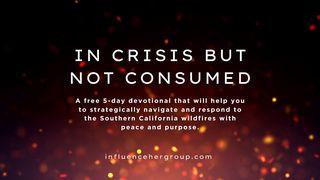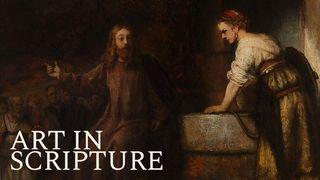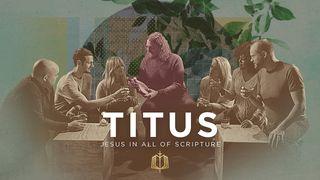The Power of Place: 5-Day Plan Sample

When you read church history, the fact becomes inescapably clear: the saints are always from somewhere. Think about it. We’ve got Perpetua of Carthage, Augustine of Hippo, Hildegard of Bingen, and Francis of Assisi. . . . I’m always struck by how every significant saintly contribution was at first so unspectacularly local. We peer back into history and romanticize their contributions as having had some sort of universal impact, but the saints, instead of trying to change the world, have always started by trying to change their neighborhoods.
Teresa of Calcutta, the Albanian-born woman of slight frame—the woman who later became a global icon and the weathered face of the struggle against poverty—never set out to become an icon. She simply stepped out of the safety of the convent’s walls and wandered into the surrounding slum.
It was in the midst of the Bengal famine of 1943 that her life was arrested and her heart was broken for the poor. The rest is history. The small woman lived a big life. We tend to think of the hundreds of thousands of people who were marked by her sacrifice, but it all started when she looked one very sick person in the eyes. She supposedly said, “Not all of us can do great things. But we can all do small things with great love.”
Yes, if you want to become a saint, you have to be willing to submit to the smallest of all prepositions: of. Indeed, before the eternal Word stretched out his arms on the cross to take on the weight of sin and death, he took on a preposition: Jesus of Nazareth. Even Jesus didn’t try to live outside of the community that was right in front of him. Apparently, the way you make a big difference is by giving yourself over to the concerns and the constraints of a small place.
Prayer
Lord, thank you for giving me a purpose. Please help me to know that purpose and to live it out where you have placed me. Amen.
About this Plan

Acclaimed teaching pastor Daniel Grothe speaks to the sense of loneliness that many feel in today's age of hypermobility and noncommittal wandering, reminding us of the ancient vow of stability and teaching us how we can lead a richer life of friendship, community, and purpose.
More
We would like to thank HarperCollins/Zondervan/Thomas Nelson for providing this plan. For more information, please visit: https://amzn.to/3mypFBV
Related Plans

In Crisis but Not Consumed
![[Know This] Promises of a Precious Faith](/_next/image?url=https%3A%2F%2Fimageproxy.youversionapistaging.com%2Fhttps%3A%2F%2Fs3.amazonaws.com%2Fyvplans-staging%2F55603%2F320x180.jpg&w=640&q=75)
[Know This] Promises of a Precious Faith

Art in Scripture: The Earth Is the Lord's

How Sweet the Sound

The Leadership Style of Jesus

Our God Who Pursues: Guiding Us Back to Him

Titus: Godliness in a Rebellious Culture | Video Devotional

Lent Youth Guide | Jesus' Real Talk During His Hardest & Darkest Moments

Lent: The Journey of Letting Go
